#california
We'll Have to Build a Ton of EV Charging Points If Electrification Is Going to Work
If you hop around this country on a semi-regular basis, you’ve likely noticed that California seems better equipped to endure the onslaught of electric vehicles poised to reshape our society. For all the complaints about the state’s managerial issues and a homelessness situation that’s spinning wildly out of control, it’s one of the few places you can regularly encounter EV charging stations without actively looking.
It’s also an area you see them frequently in use. Many states still harbor large distances between charge points that don’t see a lot of use in the first place. But things are different in California. There are dedicated EV stations along most major highways, increasing in frequency the closer to you get to metropolitan hubs. Once inside the city limits, there are are countless office parks, service stations, and parking structures offering ground-floor charging — many of which will actually have cars plugged into them.
You’ll also notice many are broken and some don’t let you pay via a single swipe of your credit card. Instead, the machine will ask you to make an account with whatever company is offering the service, often trying to push you into using a proprietary app. It’s unfortunate and probably the last thing you want to do after scouting out a particularly well-hidden station because the first three you came across were occupied or out of order.
Justice Department Subpoenas Automakers Over California Emissions Pact
The Justice Department has issued civil subpoenas to the four major automakers’ that voluntary agreed to adopt a Californian compromise on vehicle emission requirements. The antitrust investigation seeks to determine whether or not BMW, Ford, Honda, and Volkswagen were in violation of federal competition laws by agreeing with each other to adhere to stricter emissions standards penned by California.
With the Trump administration working for years to roll back emissions standards, California has been doing everything in its power to maintain its ability to self-regulate and gain support for higher emission standards. Under the agreement with the Golden State, the companies promised to meet annual emission improvement targets of 3.7 percent and defer to the state’s authority to set its own emissions standards.
Junkyard Find: 1973 Plymouth Duster 340
Report: Trump Administration Seeks to Soften Fuel Economy Rollback
One of the issues underpinning the gas war has been an inability for either side to compromise. Initially, it was the current administration complaining about California wanting special treatment. But the coastal state was quick to return fire, claiming that the White House never offered a valid compromise.
Eventually California extended an olive branch by suggesting it would postpone existing fuel economy mandates by one year, while attempting to lock automakers in via written commitments. But federal regulators said a singular national standard was needed, suggesting California had overstepped its authority by trying to rope in manufacturers.
However, EPA Administrator Andrew Wheeler came back this fall with claims of a revised plan that could actually be more stringent than originally presumed. While still a rollback, the new draft was said to close several loopholes the industry could use to continue their polluting ways. “In some of the out years, we’re actually more restrictive on CO2 emissions than the Obama proposal was,” Wheeler said.
New reports now suggest the EPA’s words are more than just noise.
Battle Lines Are Being Drawn in America's Gas War
Ford Motor Co, Honda Motor Co, BMW Group and Volkswagen AG announced a voluntary deal with California in July — drawing a line in the sand for who they’ll be supporting in the fueling fracas taking place between the Golden State and White House. Meanwhile, the Trump administration’s rollback proposal — which intends on freezing automotive emission standards at 2020 levels through 2026 — saw no such support. But the cavalry seems to have finally arrived after sitting on the sidelines during the battle’s opening maneuvers.
General Motors, Fiat Chrysler Automobiles, Toyota, Mazda, Nissan, Kia, and Subaru all sided against California in a filing with a U.S. appeals court from Monday night. While they’re not setting any economy targets, they are collectively firm on the issue of the state’s ability to self regulate. A large portion of the industry wants a single national standard, not individual states setting their own benchmarks while they attempt to catch up with product.
California Governor Demands Investigation Into High Gas Prices
On Tuesday, California Governor Gavin Newsom responded to a new report claiming oil companies have been overcharging customers over social media.
“[California] drivers have paid an average of 30 cents more per gallon. There’s no identifiable evidence to justify that,” Newsom said. “I’m demanding an investigation. If oil companies are engaging in false advertising or price fixing — legal action should be taken.”
With California leading the charge against the federal government’s proposed fuel economy rollback, Newsom’s words are a bit of a faux pas. While we agree that companies should not be engaging in price fixing, California’s high fuel prices are largely its own doing. Newsom’s claims completely ignore this rather obvious fact — calling his ability to effectively negotiate the national fueling fracas into question.
Junkyard Find: 1970 Alvis Combat Vehicle Reconnaissance (Tracked)
Gas War: More Backup Arrives for California
California has gained additional support from two Democratic governors in the gas war. On Tuesday, New Mexico Governor Michelle Lujan Grisham announced her state would adopt new tailpipe greenhouse gas and zero-emission vehicle requirements starting in the 2022 model year. The following day, Minnesota Governor Tim Walz directed his state to do the same.
Both of the plans embrace Californian standards already adopted by 13 other states hoping to aggressively curb vehicle emissions and promote the sale of electric cars. It also expresses support for the state after the Trump administration announced it would take for steps to eliminate California’s ability to self-regulate fleetwide greenhouse gas emissions.
“It’s pretty obvious today amongst all chaos in the national news that we can’t count on Washington to lead, so Minnesota needs to,” said Walz.
Gas War: EPA Says California Has Worst Air Quality in the U.S., Threatens to Cut Highway Funding
With California gearing up for a legal battle against federal regulators eager to revoke its fuel waiver, we knew it wouldn’t be long before another salvo was launched in the gas war. However, the latest skirmish is a bit personal. According to Automotive News, Environmental Protection Agency Administrator Andrew Wheeler issued a letter to to California Air Resource Board chief Mary Nichols on Tuesday that framed the Golden State as unfit to dictate U.S. environmental policy.
The letter claims California has “the worst air quality in the United States” and a backlog of implementation plans to address ambient pollution standards surpassing every other state in the union.
California is scheduled to receive over $4 billion in annual federal highway funding this October. Now, the EPA is claiming the state failed to enforce the U.S. Clean Air Act. As a result, the Trump administration is threatening to withdraw those funds if the region doesn’t take immediately action on 130 different state implementation plans.
Gas War: California Sues Over State-based Emission Standards
On Friday, California and 23 other states filed a lawsuit against the Trump Administration over efforts to reverse state-driven emissions standards. Earlier this week, the president confirmed speculation that the federal government would be taking steps to revoke California’s fuel waiver — making the suit about as predictable as the setting sun.
We’ve told the story countless times. The Golden State wants to maintain stringent emission laws for automobiles, the Trump administration wants a fuel rollback, and automakers want a universal national standard. After months of nonproductive talks and all sides attempting to make their case to the public, it looks at though the Supreme Court will have the final say.
Gas War: Trump Confirms U.S. Will Revoke California Fuel Waiver
While a considerable portion of Donald Trump’s Twitter announcements aren’t worth paying much attention to, he does occasionally slip some actual information in there. This week, the nugget was the confirmation that his administration intends to revoke California’s federal waiver on emissions — stripping the state of its ability to self-regulate and readying America for the gas war’s main event.
The Environmental Protection Agency was already known to be making preparations to do exactly this, but the president’s Wednesday posting made things crystal clear. “The Trump Administration is revoking California’s Federal Waiver on emissions in order to produce far less expensive cars for the consumer, while at the same time making the cars substantially SAFER,” he wrote.
Four Becomes Two: California Will Now Fund Your Transition From Car to Bike
California wants that ’84 Olds Eighty-Eight gone, stat. In its place, a citizen of limited means can apply for disposal funding and the (partial) means of replacing it with a cleaner car, or opt instead for a transit pass or car-sharing membership. Now, the state Senate has amended earlier legislation to include more “mobility.”
The Clean Cars 4 All Program, administered by the California Air Resources Board, will now fork it over to get you on some sort of bike.
Gas War: White House Preparing to Strip California of Regulatory Privileges, Report Claims
It’s not as if we anticipated any other outcome, but the White House is moving forward with a plan to revoke California’s authority to set its own vehicle emission standards. According to Reuters, President Donald Trump met with senior officials in Washington on Thursday to discuss the administration’s proposal to roll back Obama-era standards through 2025 and potentially revoke California’s waiver under the Clean Air Act to set state requirements for vehicles.
Anonymous sources claimed Environmental Protection Agency Administrator Andrew Wheeler, Transportation Secretary Elaine Chao, National Economic Council director Larry Kudlow, Deputy Attorney General Jeffrey Rosen and acting Office and Management and Budget director Russell Vought were in attendance.
Gas War: Antitrust Probe Opened Into Automakers Endorsing California Emissions Pact
The Justice Department has opened an antitrust probe into four automakers that formed a pact with California to compromise on tailpipe emissions, effectively circumventing federal regulators, last July.
Over the summer, Ford Motor Co., Honda Motor Co., BMW AG and Volkswagen Group announced a joint agreement with the California Air Resources Board to adhere to fueling standards slightly lower than Obama-era rules but still significantly higher than the Trump administration’s proposal from 2018. The Justice Department is seeking to determine whether or not that qualifies as a violation of federal competition laws.
Gas War Update, Choose a Side Edition
According to recent reports, there’s trouble with the White House’s fuel economy rollback. The Trump administration is said to have been meeting with automakers, asking them to stand behind its proposal to freeze economy standards at about 37 mpg until 2026. The New York Times indicates it was an act of desperation, spurred by claims that Mercedes-Benz was on the cusp of supporting the California compromise. Based on existing standards, which would raise the average fuel economy of new cars and trucks to 54.5 miles per gallon by 2025, the deal would delay its targets by one year.
Honda, Ford, Volkswagen, and BMW previously agreed to support California’s proposal in July. However, the deal is non-binding if the White House decides to push through a rollback, and most of the rhetoric being used by the industry seems more focused on a joint standard.
“A 50-state solution has always been our preferred path forward and we understand that any deal involves compromise,” read the automakers’ joint statement.”These terms will provide our companies much-needed regulatory certainty by allowing us to meet both federal and state requirements with a single national fleet, avoiding a patchwork of regulations while continuing to ensure meaningful greenhouse gas emissions reductions.”



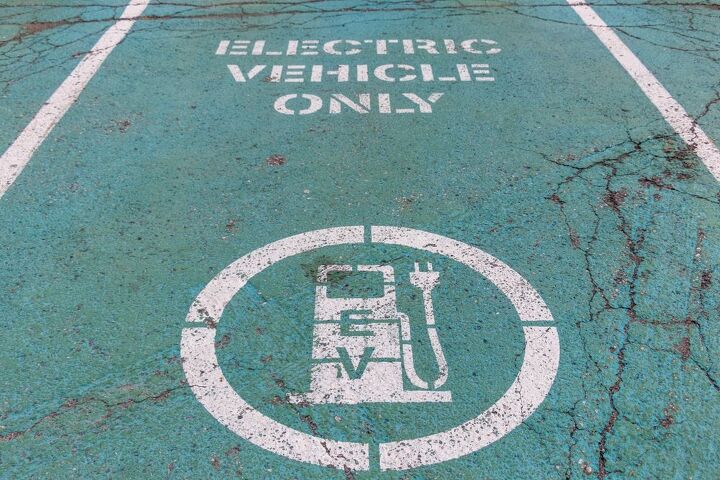

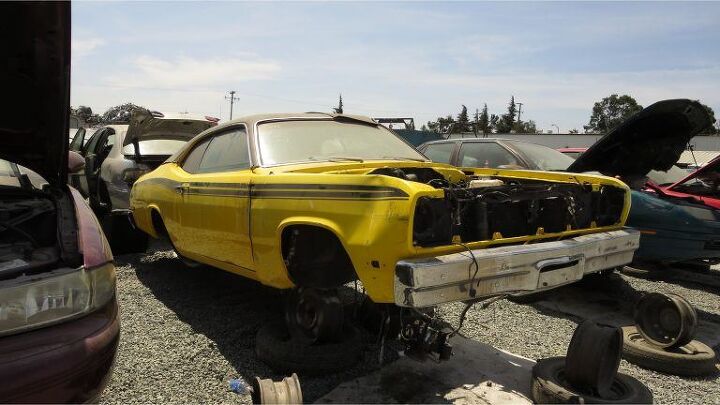

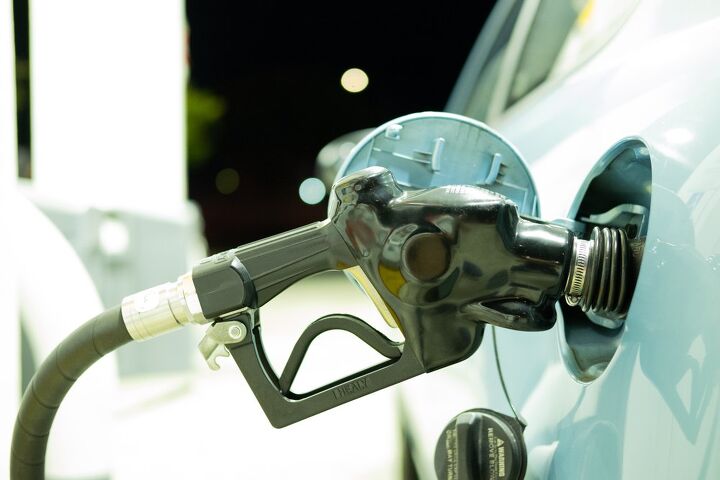
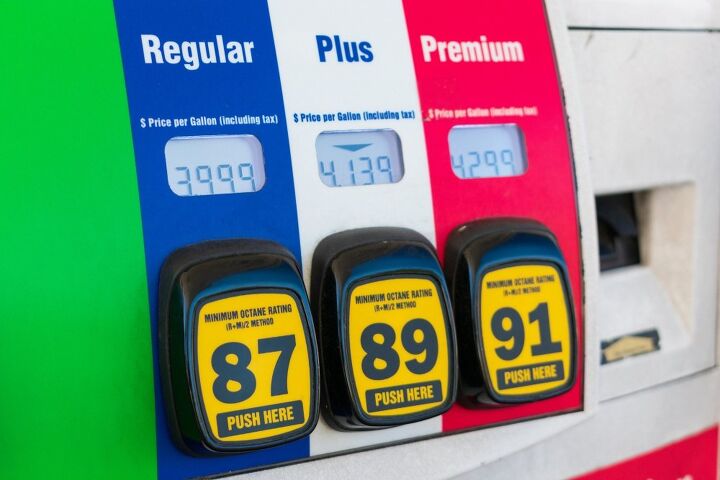



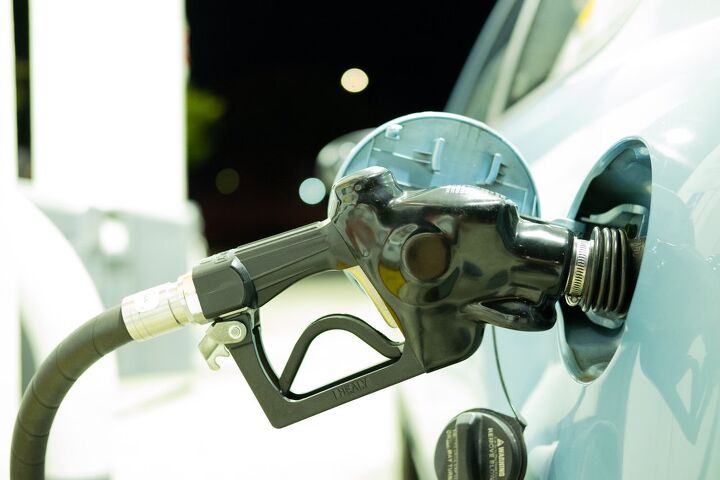













Recent Comments